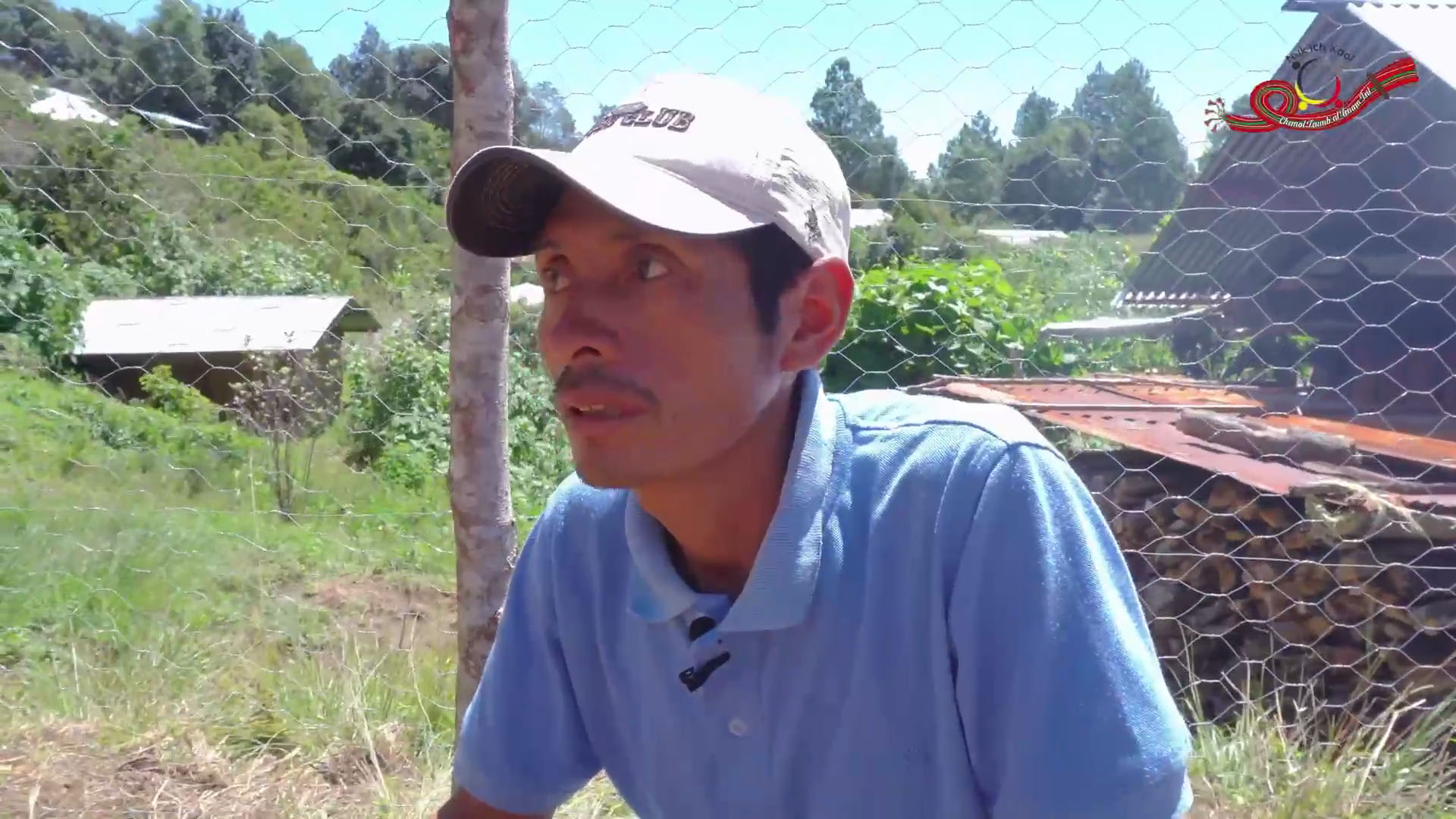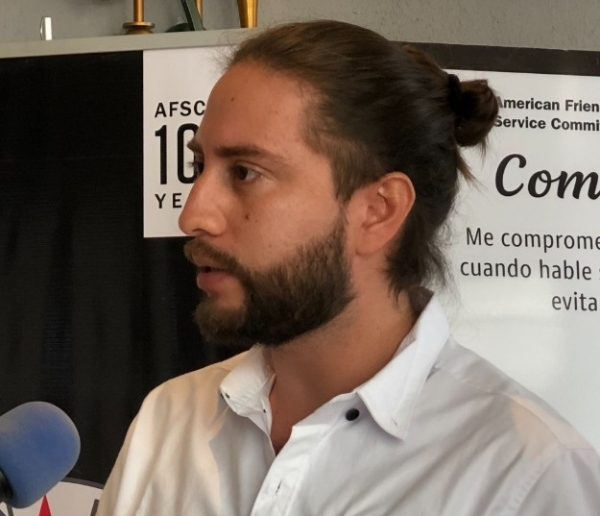
Over the past year, AFSC has supported Ixil Mayan communities in Guatemala in growing medicinal plants. The initiative is a project of our local partner Chemol Txumb'al (which means “Weaving knowledge”), a network of Ixil youth. The group provides political training to youth working to reclaim their Ixil Mayan identity, strengthen their understanding of the problems that affect their people, and defend their territories based on the concept of “Tichajil Tenam” (“Life of the People” or “The Good Living)."
The medicinal plants initiative was born in response to the proliferation of pharmacies in the territory during the COVID-19 pandemic. Currently, pharmacies can be found on every street and corner of the center of Ixil Mayan community of Nebaj, making it easy to acquire any type of medication without a prescription. That has posed potential health risks to the population. In addition, the rise of Western medicine and its unpredictable supply-demand cycle has fueled an increase in the costs of medicines, making them a privilege that few community members can afford.
With support from AFSC, the Ixil youth network implemented the medicinal plants project to improve access to medicines and promote traditional, ancestral practices that have worked for centuries. Currently, community members are growing 35 types of medicinal plants in 13 family gardens in Nebaj. These medicinal plants are made available for public use at no cost. Among these plants are rosemary, chamomile, fennel, basil, altamisa, insulin, and aloe vera.
In addition, 13 Ixil Mayan youth have been trained to identify medicinal plants and their benefits and process them into capsules, tinctures, or infusions. AFSC has supported the development of laboratories and gatherings where youth can discuss their learnings and experiences. The goal is to eventually make these natural medicines available at health centers for all community members.
This project is one of several agroecological initiatives supported by AFSC in Ixil Mayan communities. Previous projects include the creation of greenhouses in 2021-2022 and the rearing of poultry in 2023. It is part of AFSC's work with communities worldwide to build a future where all people can thrive.
